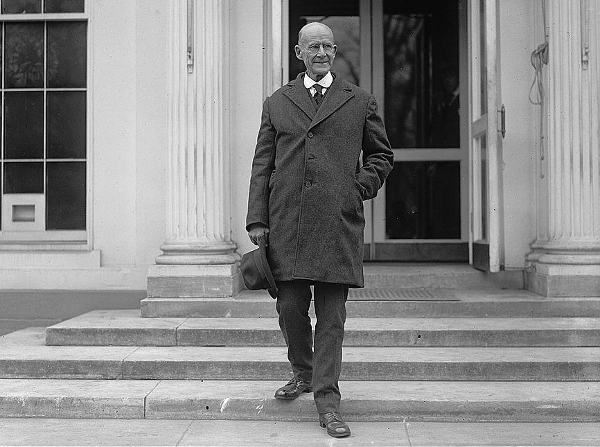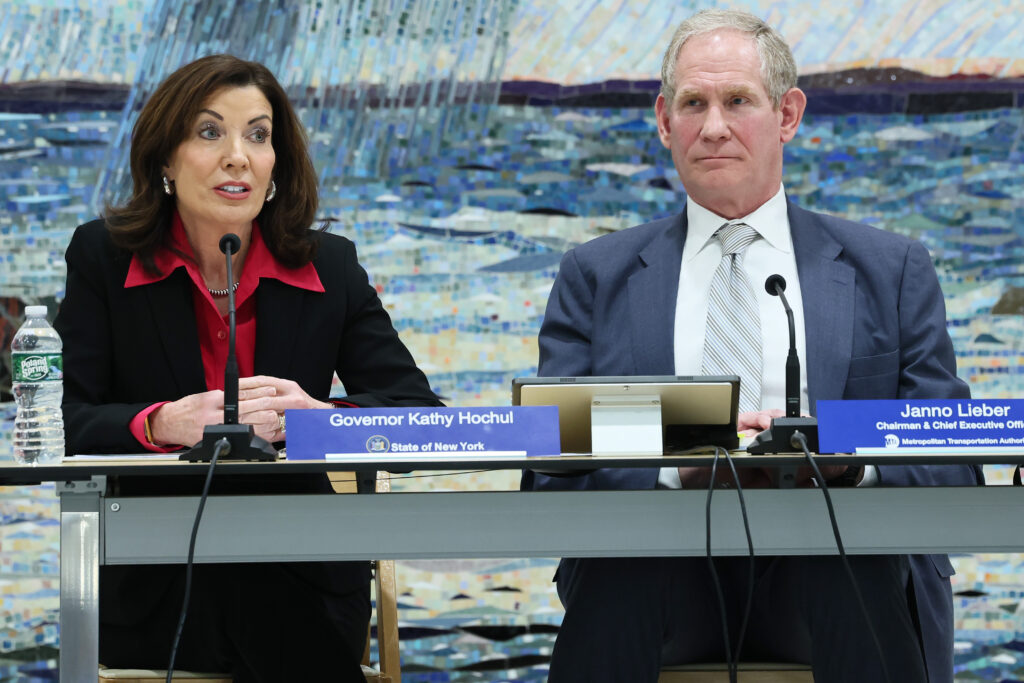Mamdani, Quoting ‘King Debs,’ Will Find Mayor’s Office Is Designed for Governing Not Ruling
Expect his plans to be frustrated by a system that ensures Gotham is administered with restraint.
The mayor-elect of New York City, Zohran Mamdani, is transitioning from a candidate making promises to an officeholder having to deliver results. Expect his plans for a government hand reaching into every aspect of life to be frustrated by a system that ensures Gotham is administered with restraint rather than ruled with a unilateral fist.
The word “except” appears ten times in the section of the New York City Charter creating its “chief executive officer.” Should any overstep these boundaries, the governor can bring charges and remove them from office. In 1932, Mayor James Walker resigned to avoid this fate amid a corruption investigation.
“We will prove,” Mr. Mamdani said in his victory speech on Tuesday night, “that there is no problem too large for government to solve and no concern too small for it to care about.” He also quoted the five-time Socialist presidential candidate, Eugene V. Debs, to cheers.
“I can see,” Mr. Mamdani quoted Debs from his sedition trial in 1918, “the dawn of a better day for humanity.” Such grandiose proclamations reflected the labor leader’s desire to increase government power, earning him the nickname “King Debs” from detractors.

This human impulse to control others, turning free citizens into wards of the state, is one Americans sought to restrain when they threw off the yoke of King George III. “Remember,” Abigail Adams wrote to her husband, President John Adams, in 1776, “all men would be tyrants if they could.”
Although misattributed to President Jefferson, two popular quotes reflect his desire to safeguard liberty. The first holds that “a government big enough to give you everything you want” is “big enough to take away everything that you have.” The second: “That government is best which governs least.”
When New York City, then consisting of Manhattan and the Bronx, expanded into five boroughs on New Year’s Day 1898, it was done in line with the ideals of Jefferson and Adams. The municipality annexed Queens, Staten Island, and the City of Brooklyn to create a better government, not a bigger and more intrusive one.
When President Theodore Roosevelt served as head of the NYPD’s board of commissioners in 1895, he was frustrated by the inability to implement reforms without consulting his co-equal members. Consolidation addressed this inefficiency by empowering a single commissioner to call the shots.

When Mr. Mamdani takes office on January 1, he’ll direct an enormous force of 300,000 city employees — a population greater than that of Buffalo, New York. He’ll have the power to fire some heads of agencies, but he won’t be able to touch others, including the commissioner of investigations.
The 51-member City Council would need to create Mr. Mamdani’s new Department of Community Safety and make good on his goal of reallocating NYPD funds to social work. He can propose budgets; he cannot manifest them into being by royal decree. Nor can he print money or exceed the city’s borrowing cap to fund his socialist dreams.
Free bus service was Mr. Mamdani’s signature campaign promise. The MTA, though, answers to New York’s governor and legislature. Although the new mayor can appoint a transportation commissioner, he can’t direct the city to spend the sums that canceling fares would cost without Albany’s assent.
The chairman of the Metropolitan Transportation Authority, Janno Lieber, has pointed out, too, that the city’s bus fare revenues are contractually pledged to be directed to repay the MTA’s bonded debt. “I take things that are said with a grain of salt,” Mr. Mamdani replied to that concern.

Mr. Mamdani’s rent freeze would be limited to the one million homes the city administers, but such actions by the Rent Guidelines Board can’t be arbitrary. The law mandates that any change in rents be justified by enumerated economic factors.
Rents in “affordable housing” will be outside Mr. Mamdani’s reach, and he can’t create the 200,000 new units he promised — or add benefits like universal childcare — without the City Council, legislature, and governor, either. The same goes for his $9 billion in tax hikes on corporations and individuals.
Mr. Mamdani’s term in Gracie Mansion will dawn on New Year’s Day, but he won’t have the power to impose his will on all aspects of city life, great and small. That’s as the framers of the Constitution and the city charter wanted it, mindful that even kings who profess benevolence are an ill fit for a republic — and officials who govern least govern best.
https://www.nysun.com/article/mamdani-quoting-king-debs-will-find-mayors-office-is-designed-for-governing-not-ruling





Post a Comment